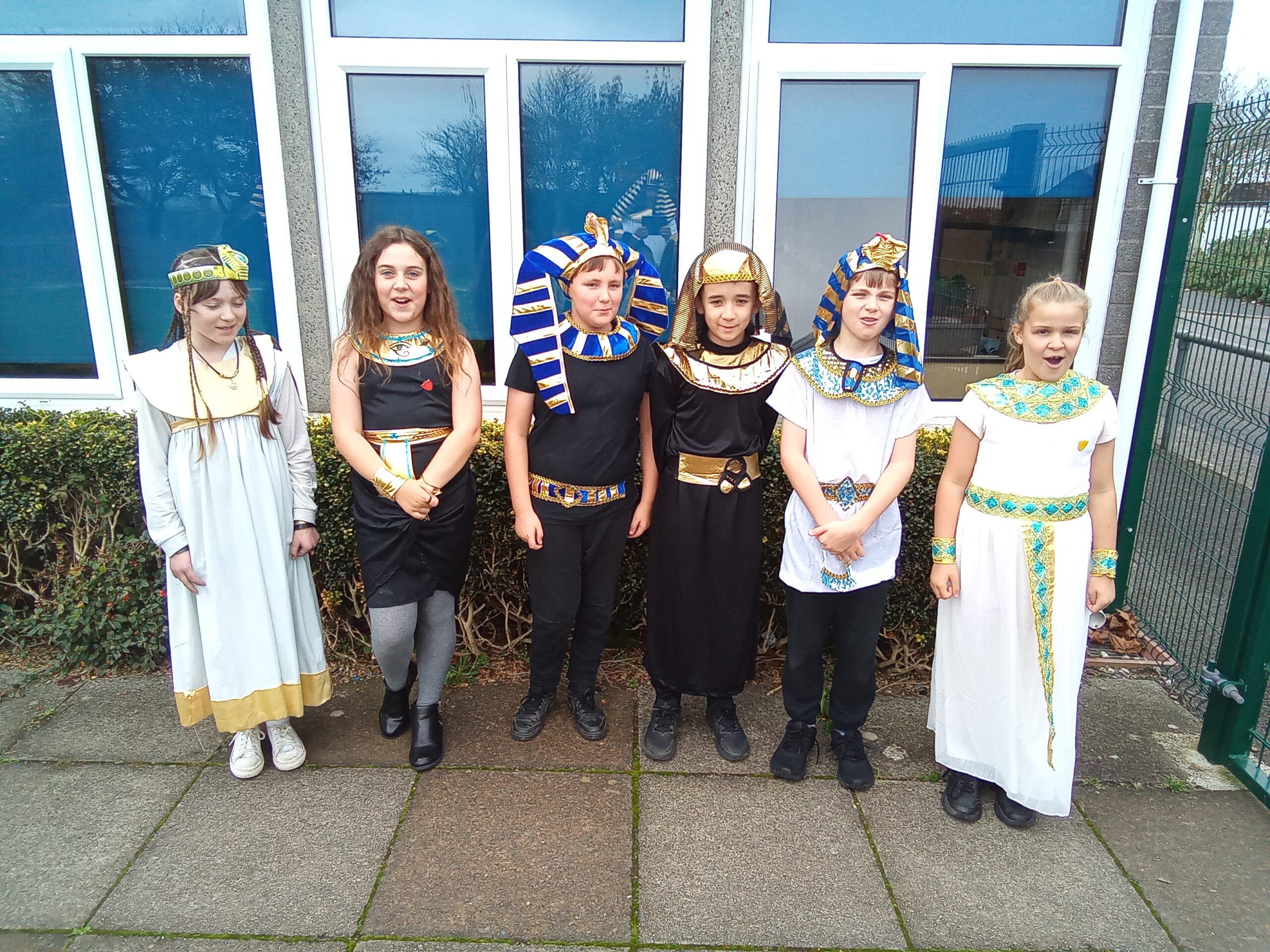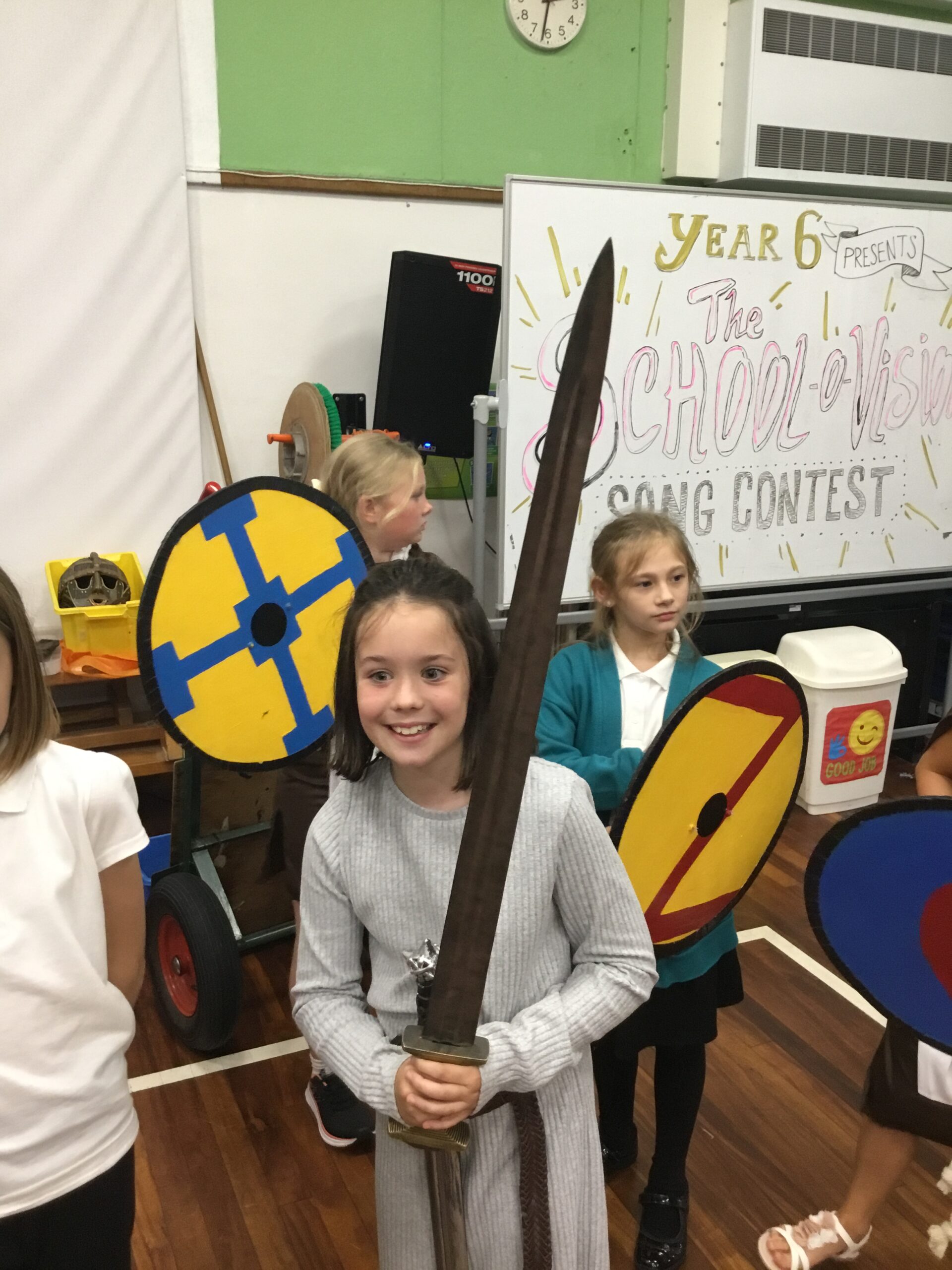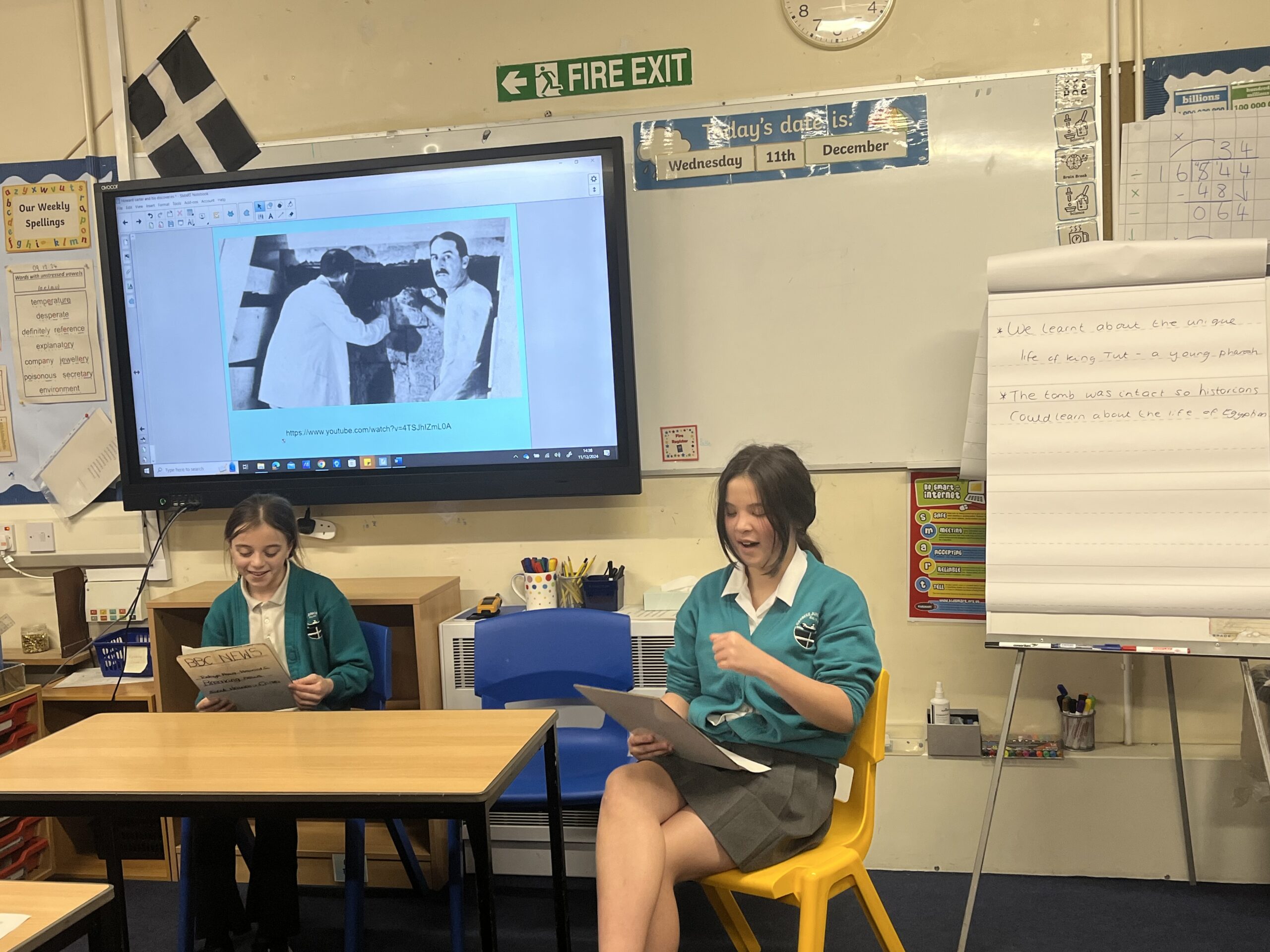- Email us
- 01752 812474

In our History lessons, we want to inspire all of our pupils to love learning about Britain’s past and that of the wider world.

 In Carbeile, our intent is to help all of our pupils gain knowledge and understanding of Britain’s past and that of the wider world. We hope to inspire their curiosity to know more about the past. We want them to be able to ask perceptive questions, think critically, weigh evidence, sift arguments, and develop perspective and judgement. History helps pupils to understand the complexity of people’s lives, the process of change, the diversity of societies and relationships between different groups, as well as their own identity and the challenges of their time.
In Carbeile, our intent is to help all of our pupils gain knowledge and understanding of Britain’s past and that of the wider world. We hope to inspire their curiosity to know more about the past. We want them to be able to ask perceptive questions, think critically, weigh evidence, sift arguments, and develop perspective and judgement. History helps pupils to understand the complexity of people’s lives, the process of change, the diversity of societies and relationships between different groups, as well as their own identity and the challenges of their time.

 Take a look at how our children’s learning in History progresses as they move from Year 3 to Year 6 and then into Key Stage 3. All lessons have been carefully considered, planned to cater for the learning needs of all children and with links made wherever possible to previous year/next year learning in History and in other subjects.
Take a look at how our children’s learning in History progresses as they move from Year 3 to Year 6 and then into Key Stage 3. All lessons have been carefully considered, planned to cater for the learning needs of all children and with links made wherever possible to previous year/next year learning in History and in other subjects.

 Take a look at how our children’s learning in History progresses as they move from Year 3 to Year 6 and then into Key Stage 3. All lessons have been carefully considered, planned to cater for the learning needs of all children and with links made wherever possible to previous year/next year learning in History and in other subjects.
Take a look at how our children’s learning in History progresses as they move from Year 3 to Year 6 and then into Key Stage 3. All lessons have been carefully considered, planned to cater for the learning needs of all children and with links made wherever possible to previous year/next year learning in History and in other subjects.

The answers to all of our ‘Big Questions’ form our Knowledge Facts. This is the knowledge that we think our children need to remember in future years, well beyond when they have left their year group and when they have left Carbeile Junior School. We have ‘Total Recall’ in all lessons, quizzing the children about past weeks, past topics and even past years learning. We also have weekly Knowledge Fact Quizzes where children are required to recall facts from previous units and even previous years. For example, Year 6 pupils, whilst studying World War Two, will still be quizzed on the facts they learned in Year 3 about the Romans.


Implementation:

 Opportunities for Speaking and Listening/Oracy:
Opportunities for Speaking and Listening/Oracy:
In every History unit, pupils have the opportunity to present their learning and understanding through speaking rather than writing. These activities can take the form of debate, a lecture-style presentation or a dramatisation/play.
At the end of each term, the children will take part in a whole-class celebration assembly where they also have the opportunity to present their learning through speaking, acting or even singing: Learning history-based songs is an excellent way of imbedding knowledge facts.

As part of our half-termly home learning sheets, many of the tasks will be linked to an element of the History the children have been learning about (or Geography on alternate half-terms). Please help encourage your child’s enthusiasm and enjoyment in History by supporting them with this home learning.

 In Carbeile, our intent is to help all of our pupils gain knowledge and understanding of Britain’s past and that of the wider world. We hope to inspire their curiosity to know more about the past. We want them to be able to ask perceptive questions, think critically, weigh evidence, sift arguments, and develop perspective and judgement. History helps pupils to understand the complexity of people’s lives, the process of change, the diversity of societies and relationships between different groups, as well as their own identity and the challenges of their time.
In Carbeile, our intent is to help all of our pupils gain knowledge and understanding of Britain’s past and that of the wider world. We hope to inspire their curiosity to know more about the past. We want them to be able to ask perceptive questions, think critically, weigh evidence, sift arguments, and develop perspective and judgement. History helps pupils to understand the complexity of people’s lives, the process of change, the diversity of societies and relationships between different groups, as well as their own identity and the challenges of their time.

Every History lesson has a question as its title. By the end of unit, children are expected at the very least to remember facts that will enable them to answers these questions. They have the opportunity to demonstrate this knowledge by presenting a ‘Showstopper’. This will be a combination of written knowledge facts and pictorial representations of their understanding.
In addition to these Showstoppers, pupils at Carbeile have a weekly quiz whereby the teacher will present a knowledge fact quiz based on subjects that they have previously covered. This ensures that children in Year 6, whilst studying World War Two, can still remember the facts they learned in Year 3 about the Romans for example.